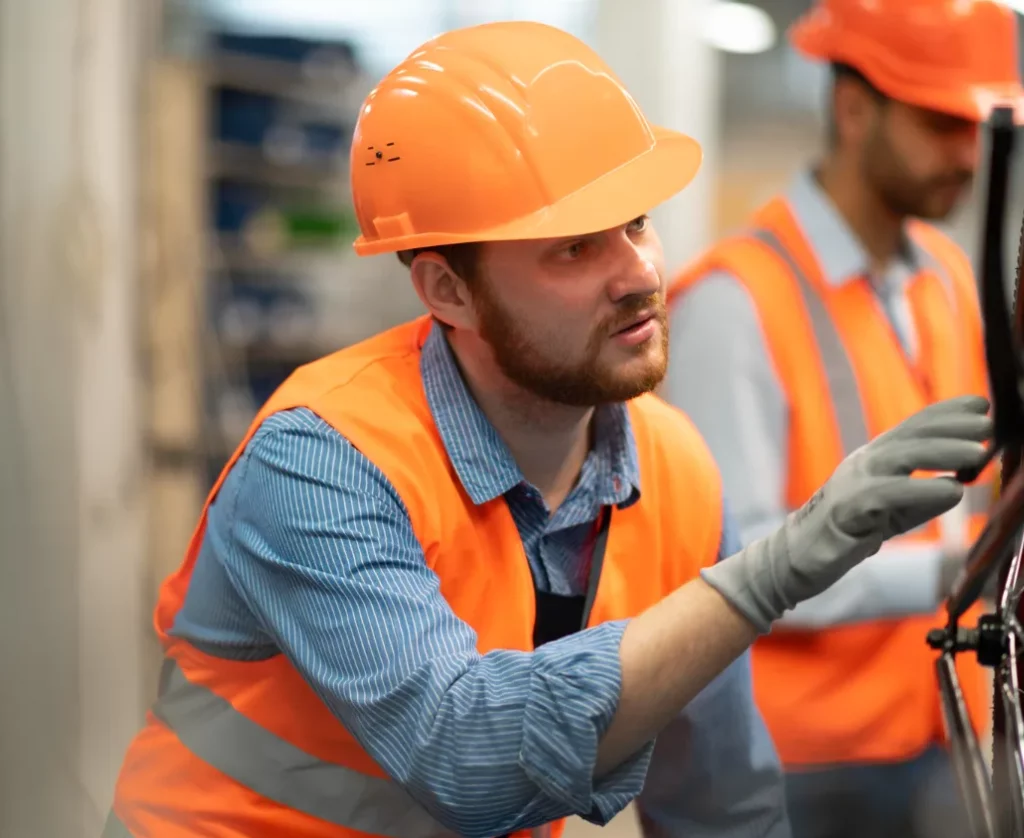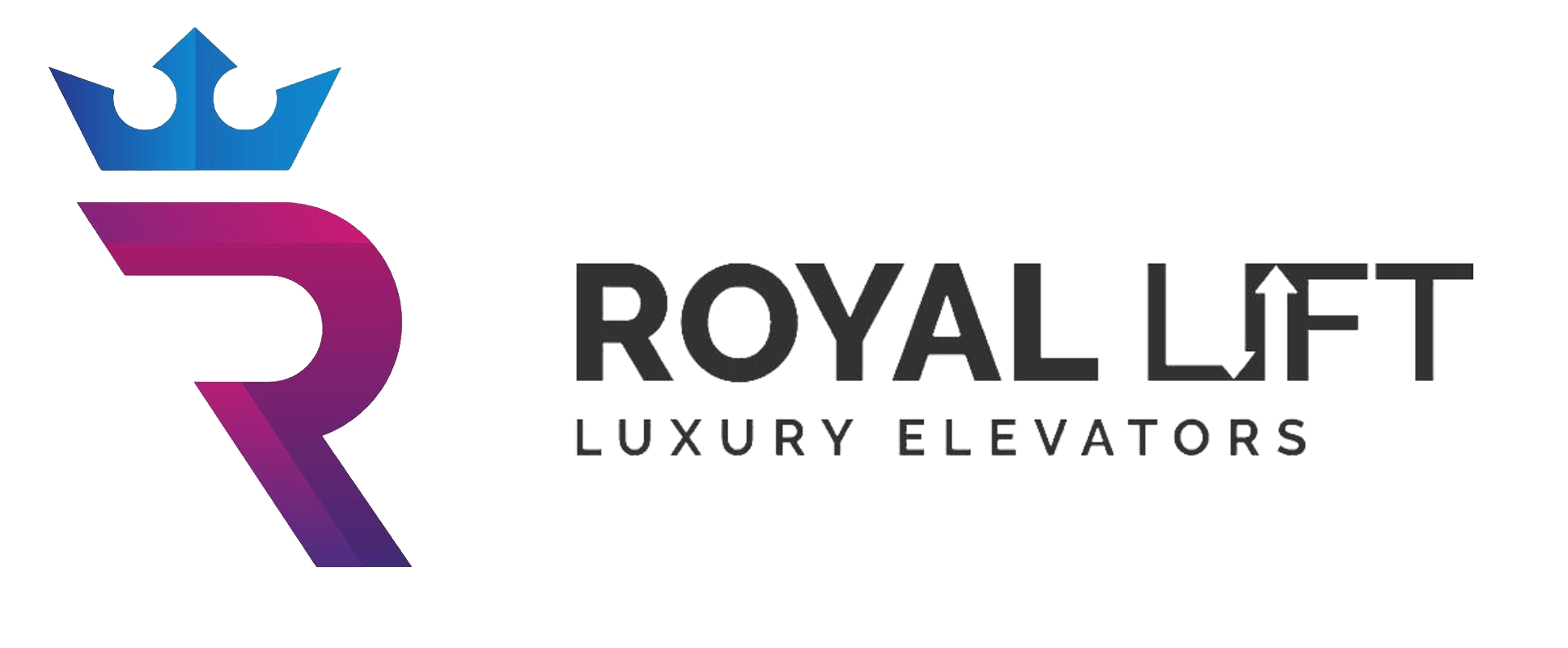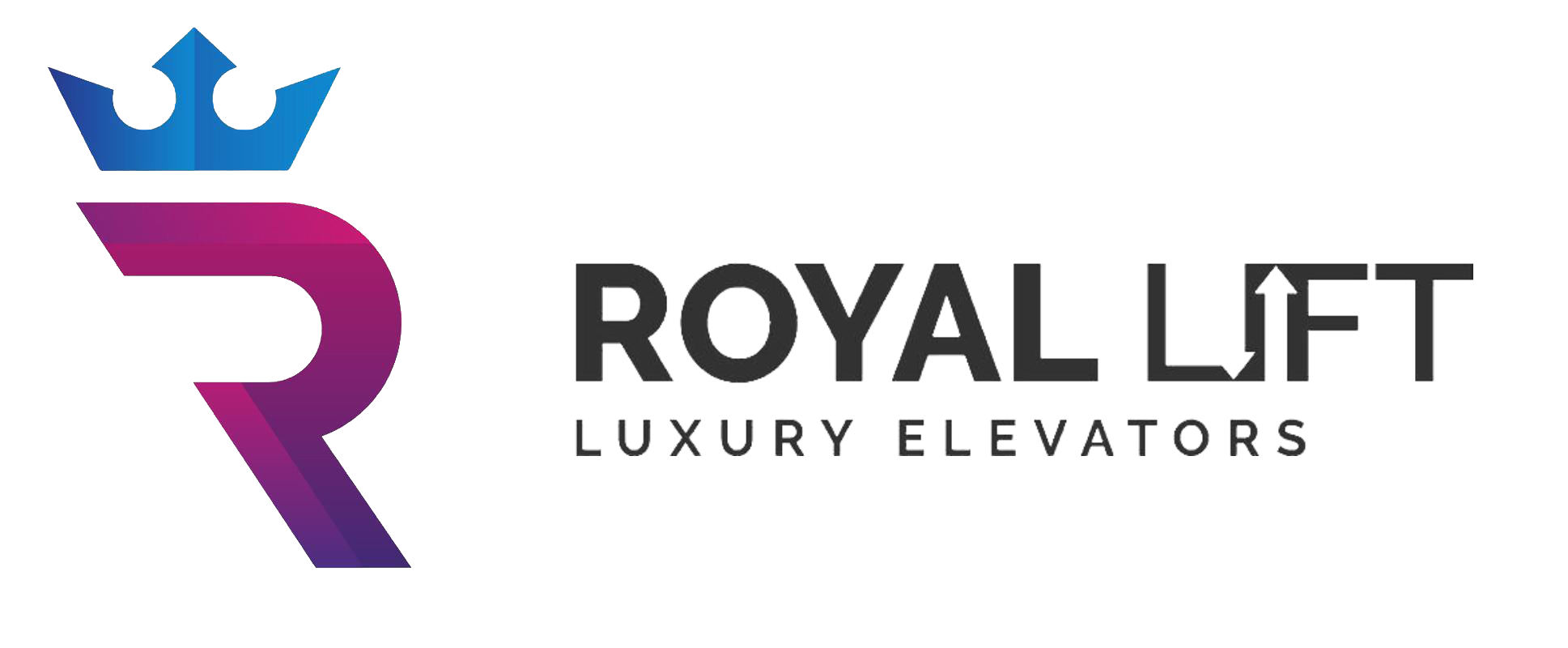When does an elevator need immediate inspection?

Regular elevator maintenance is essential to keep the elevator running efficiently and safely.
Elevator inspections aren't just preventative maintenance, they also help catch major problems early, before they degrade ride quality and require costly repairs!
Establishing a maintenance schedule with a reliable service provider is key to running your elevator efficiently.
If it's been a while since your elevator was last serviced, you should be prepared to discover some common problems during the initial inspection!
4 common problems in elevators are discovered during routine inspections. We will learn about them in the following paragraphs so that you know when your elevator needs an immediate inspection from a reliable service provider.
• Contamination of elevator oil and lubrication
Proper oil and lubrication levels impact a smooth elevator operation, but small metal impurities can leach into these fluids as the elevator ages. The maintenance schedule includes checking the elevator oil for impurities and replacing it regularly. This inspection can detect other potential corrosion areas. Improper elevator oil maintenance and lack of lubrication can lead to costly repairs.
• Elevator belts wear
Elevator belts and lift ropes work together to suspend and transport the elevator between floors of a building. Over time, belts can wear down and fray the ropes, leading to damage. Catching this problem early can prevent belt deterioration later by re-tightening or replacing them. Excessive rope wear is common in older elevators and usually indicates a need to completely upgrade the elevator.
•Elevator power outage
Elevators need powerful, continuous power supplies to operate regularly, but building system voltage fluctuations can negatively affect the motor and damage the elevator! Power quality scanning can detect excessive or deficient power voltage changes and identify problems that could damage critical components of the system. Installing a stable power supply for the elevator is essential to maintain its proper operation.
• Elevator motor bearing faults
Bearings are an essential part of the elevator drive and greatly affect the efficiency of the entire system. Bearing cracks are one sign among many other signs of bearing wear, and they indicate potential problems with the engine that could cause it to become damaged and need an expensive repair! Installing mitigation clips or replacing bearings can be used to prevent dangerous currents from developing and keep motor power consumption low. While there are many problems that can arise during routine maintenance, it is better to discover these problems now rather than when they affect the operation of the elevator.
Preventative maintenance for your elevators – and your building – helps keep them running smoothly.

